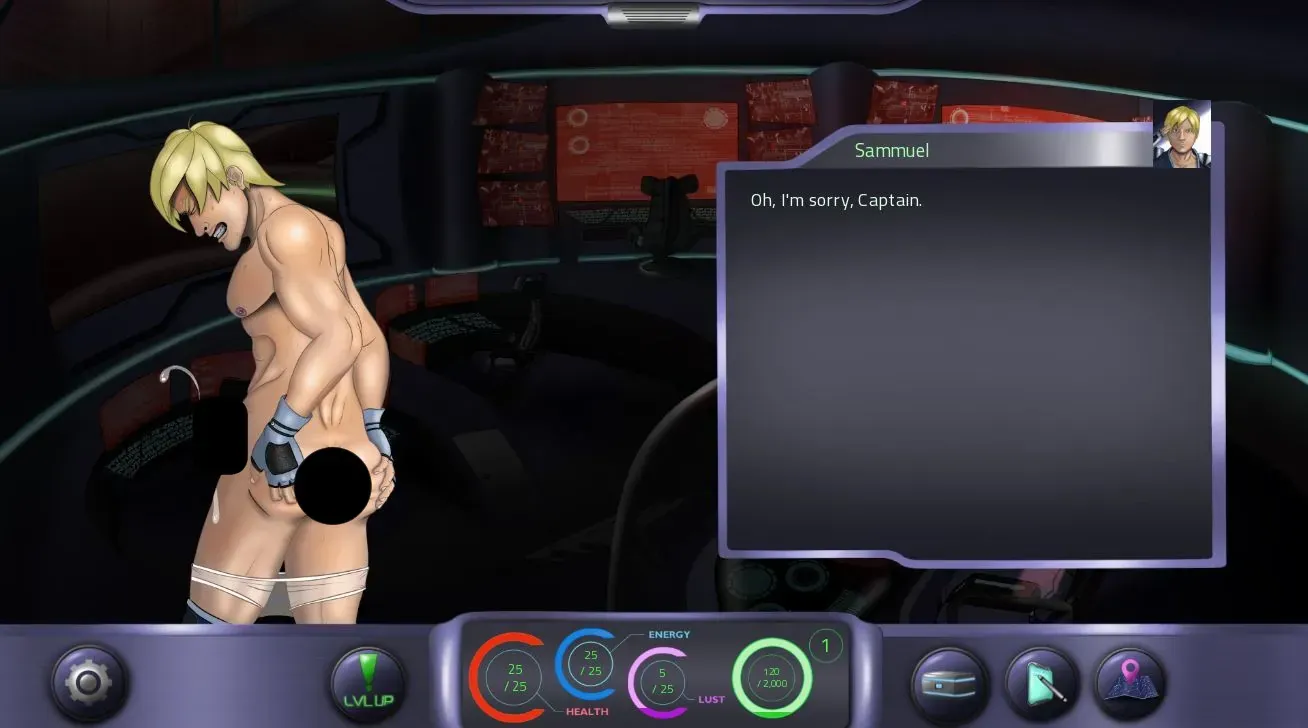
Demons of the Hearth
Play Demons of the Hearth
Demons of the Hearth review
Explore Gameplay, Features, and Unique Elements of Demons of the Hearth
Demons of the Hearth is a captivating game that blends immersive storytelling with engaging gameplay mechanics. Whether you’re a newcomer or a seasoned player, understanding the unique features and strategies within Demons of the Hearth can enhance your experience. In this article, we dive deep into the game’s core aspects, from character dynamics to gameplay tips, helping you master the challenges and enjoy every moment.
Understanding Demons of the Hearth: Gameplay and Story
What is Demons of the Hearth?
Picture this: You’re curled up on a rainy Sunday, craving a game that feels like sipping hot cocoa by a crackling fire 🔥—warm but with hidden, deliciously dark secrets. That’s Demons of the Hearth for you! This narrative-driven RPG blends cozy domestic simulation with supernatural mystery, and let me tell you, it hooked me from the first loading screen. I remember booting it up expecting “just another indie gem,” but within minutes, I was rearranging virtual bookshelves while secretly investigating spectral disturbances in the attic! 😱
Set in a quaint Victorian-era village, you play as a reluctant heir who discovers their ancestral home is a gateway for mischievous (and sometimes menacing) spirits. The genius? It mashes life-sim chores—like gardening or brewing tea—with occult puzzle-solving. Unlike other games in the genre, your “demons” aren’t just metaphors; they’re literal entities messing with your soup recipes! 🍲 This Demons of the Hearth overview reveals a world where polishing silverware might unveil a ghost’s weakness. Trust me, it’s the perfect blend of wholesome and haunting.
Core Gameplay Mechanics
Alright, let’s crack open the how-to-play Demons of the Hearth manual! At its heart, the game mechanics Demons of the Hearth revolve around two core loops: Domestic Management and Spirit Negotiation.
First, you’ll restore your crumbling manor—plant herbs 🌿, repair furniture, and cook meals. But here’s the twist: every chore ties into ghostly interactions. For example, growing lavender isn’t just pretty; it crafts charms to pacify angry poltergeists! I learned this the hard way when my neglected garden attracted a pepper-shaker-throwing phantom. 🌶️😅
Second, Demons of the Hearth gameplay shines in its dialogue-driven encounters. Instead of combat, you use:
– Empathy Checks: Reading a spirit’s emotions to choose calming responses.
– Relic Crafting: Turning heirlooms into tools (e.g., grandma’s locket becomes a soul compass).
– Sanity Management: Ignoring hauntings drains your focus, hurting task efficiency.
Pro Tip: Always carry mint tea! It boosts sanity regeneration during tense spirit chats. ☕
The progression is genius—you level skills (like “Spiritual Botany”) by using them, unlocking deeper story branches. What floored me? How your decor choices affect hauntings. Place a mirror wrong, and you might summon a vain specter obsessed with reflections! 👻✨
Storyline and Character Overview
Now, let’s gush about the Demons of the Hearth story—a tapestry of grief, legacy, and spectral roommates. You inherit Blackwood Manor from reclusive Aunt Elara, only to find she was intentionally hosting spirits to protect the town. The Demons of the Hearth narrative unfolds through letters, flashbacks, and ghostly visions, revealing how each entity connects to your family’s past.
Key Demons of the Hearth characters include:
– Silas, a melancholic poet ghost who haunts the library (help him finish his sonnet to progress).
– Martha, a perpetually “helpful” Victorian cook-spirit who “adjusts” your recipes—often explosively. 🍳💥
– The Weaver, a shadowy entity manipulating events from the attic (your prime antagonist).
What’s brilliant? Their arcs evolve based on your actions. I once neglected Silas for weeks, and he started rearranging my books into depressing poetry stacks! The Demons of the Hearth characters aren’t quest dispensers; they’re messy, emotional co-stars.
Here’s a quick reference for major figures:
| Character | Role | Key Mechanic |
|---|---|---|
| Silas | Tortured poet ghost | Solve verse puzzles to calm hauntings |
| Martha | Overbearing cook-spirit | Master her recipes to gain spirit trust |
| The Weaver | Manipulative entity | Uncover hidden relics to weaken it |
| Aunt Elara (flashbacks) | Previous caretaker | Her journals reveal spirit lore |
The Demons of the Hearth narrative forces heart-wrenching choices, like reconciling a spirit with their living descendant or banishing them for peace. My biggest “whoa” moment? Discovering Martha’s tragic death wasn’t an accident—it tied directly to my aunt’s bargains. 🤯
So, why does this game stick? It turns home into a character—creaky floorboards and all. You’re not just playing; you’re healing a broken legacy, one ghostly tea party at a time. 🫖💀
Demons of the Hearth offers a unique blend of storytelling and gameplay that appeals to a diverse audience. Understanding its mechanics and narrative depth can significantly enhance your experience. Whether you are exploring the game for the first time or looking to deepen your engagement, this guide provides essential insights and practical tips. Dive into Demons of the Hearth and discover the rich world it has to offer.




